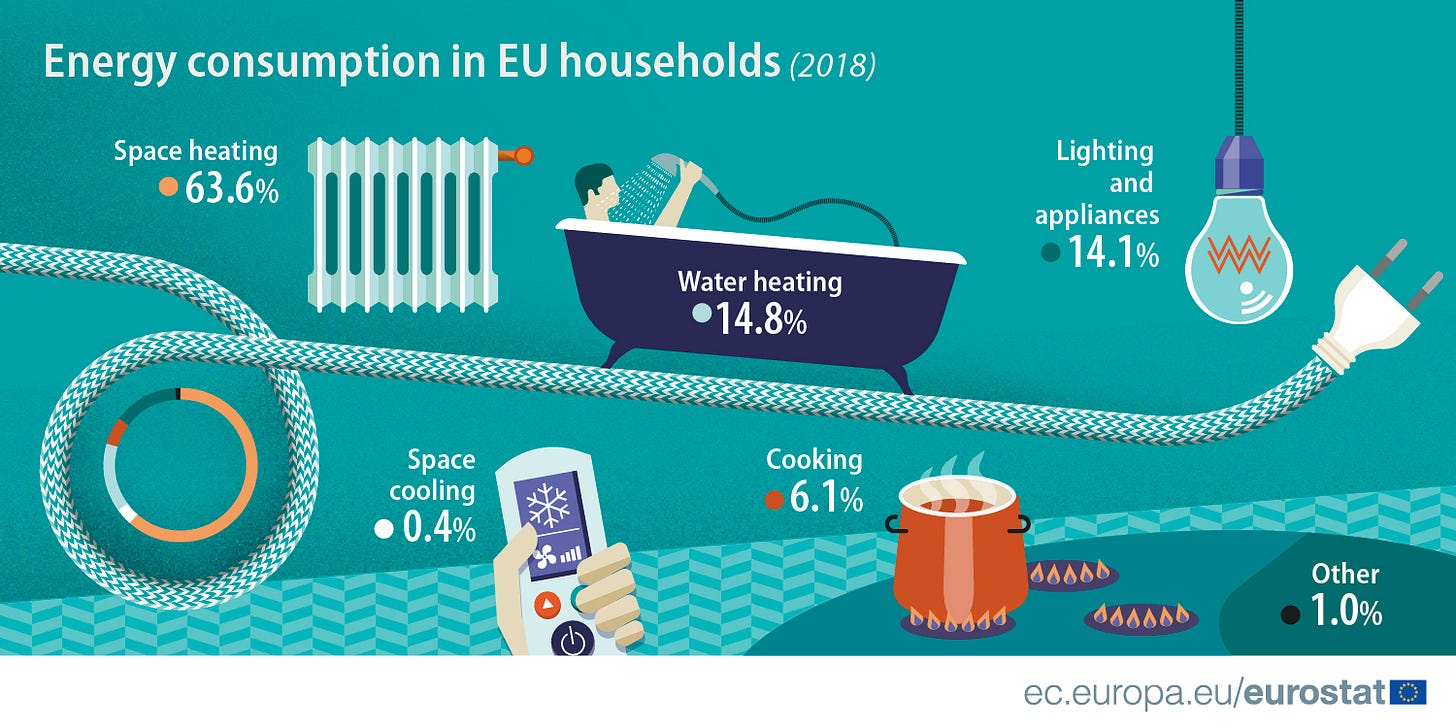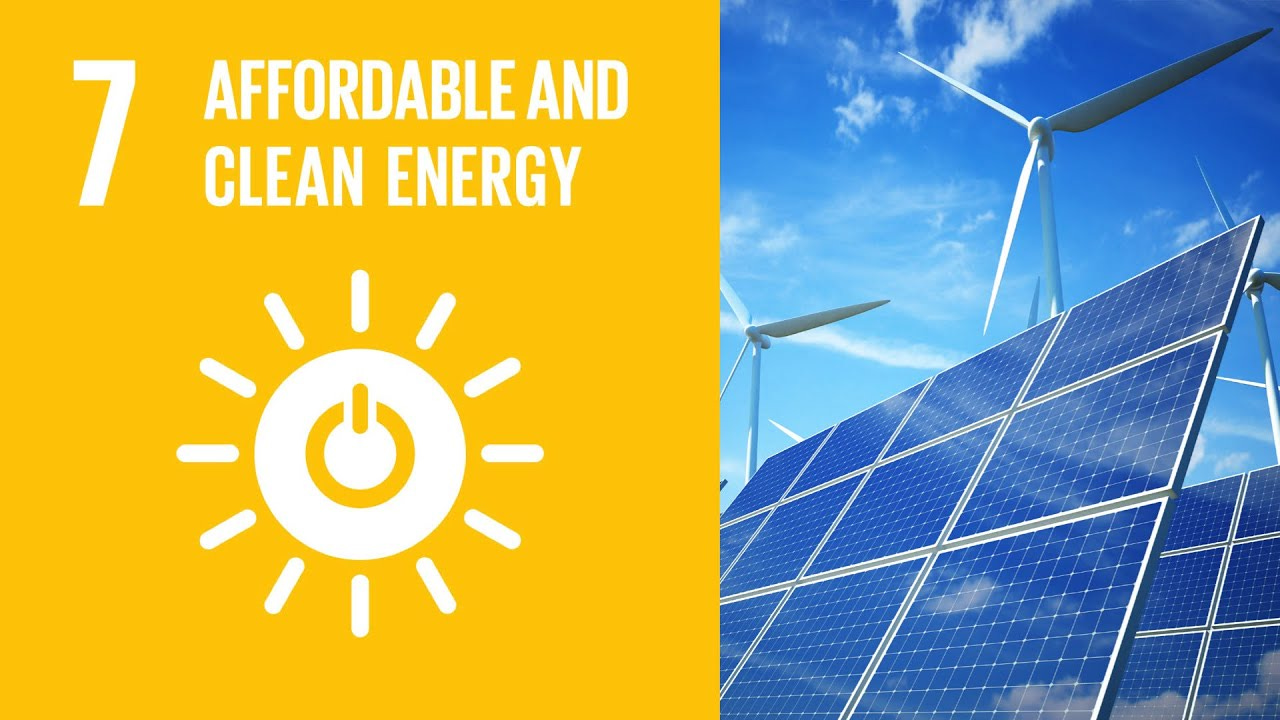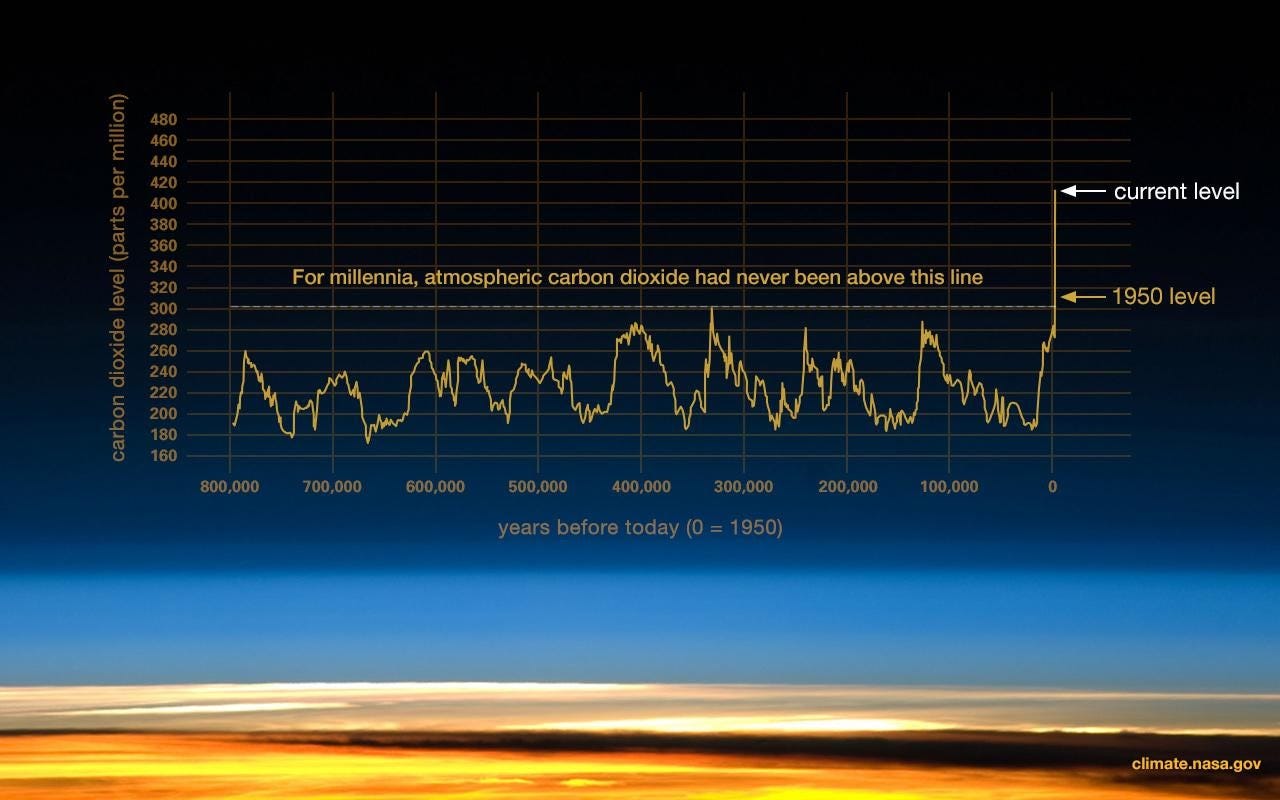What is clean energy? The Green Fix on what you can do to fight fossil fuels
Climate headlines, resources, and tips on clean energy by renewable energy engineer Srishti Mahajan
So. Energy. Could do with some of that today.
But we’re powering through (appreciate my puns please).
I was a little apprehensive about writing about clean energy for a whole newsletter. Because I automatically associate it with ‘science’ which my brain reads as ‘complicated’.
I’ve noticed that sometimes the conversation about individual sustainability veers in the direction of the small, everyday lifestyle changes that are the easiest, the most accessible, and probably not coincidentally - the most aesthetically pleasing.
This is fine. It’s nice to see my environmentalist values reflected in my bamboo socks and mason jars. I prefer to share infographics about the climate crisis on Instagram Stories (follow me @coffee_and_casstaways) than start learning about the energy use of my heating systems.

Households represented 26% of energy consumption in the EU in 2018. Source: Eurostat
The issue is when we exclusively focus on the easier lifestyle changes, and decide that that is Good Enough. When our eyes glaze over, just a little, at the words ‘divestment’ and ‘corporate responsibility’ and ‘write to…’.
I don’t mean to cheapen the value of individual changes, I mean to point out that the most effective changes are often not easy or even that interesting - and that’s deliberate.
In an ideal world, the root causes of the climate crisis would be resolved among politicians, scientists and corporations. In an ideal world we wouldn’t have to obsess over our household energy use because the source of that energy wouldn’t hurt the environment. But as anyone reading this in 2020 can agree, we’re not in an ideal world and we can’t wait for the people in charge.
I want to push myself to go beyond my comfort zone of vegan cafes and low-plastic living, and look at what I can do to address those root causes. To take the actions I find daunting. We know individuals can change the system: systems are collections of individuals.

And this is what I want to push for in this newsletter. I would love for people to join me on that journey (yes I just called it a journey, I’m a walking cliche). Let’s be dissatisfied to wait for others to come up with a solution. Let’s make those individuals changes in our lives and keep our eyes on the end goal.
We don’t have to do everything. We don’t need to know everything. But the future we want doesn’t come easy - it will be created by our actions, and what we demand of our governments and businesses.
The Green Fix is collaborative: I write about what you want to hear about. This relies on people sending in their questions and suggestions. Shape the newsletter by filling in this feedback survey.
PLEA TO SHARE THIS NEWSLETTER INCOMING: I run The Green Fix for free, in my own time, alongside a full-time job *world’s tiniest violin starts playing*. This means I don’t always have the time to promote it as widely as I’d like to. If you like this newsletter, please help me by sharing it using the button here:
What’s Going On?
The Nobel Peace Prize 2020 was awarded to the World Food Programme, which provides assistance to people in areas of food insecurity in 88 countries.
Context: An Oxfam report on how the coronavirus is fuelling hungerScientists urge rewilding after a study found that it could prevent 60% of predicted extinctions.
Context: What is rewilding?American youth activists are naming & shaming US politicians for their climate action failures.
Related: What do US voters think about the climate crisis?Politicians in the European Parliament have voted to exclude fossil fuels from receiving financial support from the EU coronavirus recovery fund.
Context: What is the EU recovery fund?Psychologists believe that eco-anxiety is a key barrier to climate action.
Helpful: How to fight eco-anxiety
Focus On… Clean Energy
Renewable energy engineer and clean energy practitioner Srishti Mahajan from New Delhi, India, explains what clean energy is and what we can do to promote it.

Image: Affordable and clean energy is one of the 17 UN ‘sustainable development goals’.
We are all familiar with the term ‘clean energy’. It’s proclaimed to be a one-stop solution for the rising abnormalities in the world’s environmental ecosystem.
So let’s pause and decode these two words.
Clean energy is essentially any form of extractable energy which, when used, does not damage our environment: either the air, soil, land or water. If energy is non-toxic to the environment and its surroundings, it can be called clean energy.
The most common forms of energy which you will have heard or read about would be solar, hydro and wind energy. But why are they considered clean?
Solar, hydro, and wind use the heat of the sun, the power of flowing water and wind to produce energy. Since we utilise freely available natural resources, the use and extraction of these forms of energy don’t pollute the environment.
By comparison, the extraction process for fossil fuels like coal, oil, and gas strips us of arable land, clean water, and the most widely spoken-about: clean air. Fossil fuels have high levels of carbon content, which when used, release carbon into the air, driving global warming of the earth’s atmosphere.

There’s more carbon dioxide in the atmosphere now than any other time in human history, and the consequences are showing.
The planet's average surface temperature has risen about 1.14 degrees Celsius since the late 19th century, a change which climate scientists have proven is driven largely by increased human-made emissions into the atmosphere. Global sea levels have risen about 8 inches (20cm) in the last century and are accelerating slightly every year. Two-thirds of extreme weather events in the last 20 years were influenced by humans. The list is endless…
Energy forms of solar, hydro and wind come to our rescue because they don’t release any forms of heat-trapping toxins in the atmosphere, so do not contribute to the increasing surface temperature of earth. In fact, the report on the energy transition released by the International Renewable Energy Agency (IRENA) states that clean energy can reduce CO2 emissions by 70% by 2050.
Here’s another list which is endless! How can YOU promote clean energy?
First and foremost, power your home with clean energy. If you have the budget and your government allows you to install solar panels within your house premises, go for it! You’ll thank me later for saving you big bucks on the electricity bill.
If you can’t swiftly or easily move to using solar for your house, start using energy efficient devices which use less energy to operate but produce the same output. For example, LED bulbs, space heating appliances like heat pumps and gas condensers, reduce the use of washing machines, dryers, dishwashers (preferably wash utensils in the sink to save water), refrigerators and freezers.
The next logical step you can take is to use public transport or carpool, or simply walk or cycle to places you can.
Divest your personal investments from fossil fuels, especially the top 50 corporate polluters.
Join a local climate action group and be a part of the solution by advancing citizen action for global warming and the climate crisis.
Eat local and eat less meat. Especially red meat, which uses a lot of land, water and feed - and cows themselves release methane, which is a huge polluter.
Lastly, and I feel this is one of the most important powers we all have – VOTE for a candidate that prioritises environment over profit because it means they put you above money.
Hi! I am Srishti Mahajan from New Delhi, India. I am a renewable energy engineer and clean energy practitioner in India. I design programs which help improve the lives of rural people by providing them with 24x7 clean reliable electricity. Personally, I am working towards a minimalistic and low impact lifestyle. Through my efforts, I hope to catalyze some community action. I talk about sustainability and everything related to it on my Instagram page @maketheswitchh
So Now What Do I Do?
LEARN MORE
Read ‘A Beginner’s Guide to Renewable Energy Sources’ to learn about how the different kinds of clean energy work.
What are the most effective ways an ordinary citizen can reduce their carbon footprint?
TRY SOMETHING NEW
Download the #BlockFossilsOut website extension, which hides the websites, ads and social media of polluting companies and the banks that support them.
Switch to a clean energy provider at home. The providers vary by country and are too many to list here but search for ‘clean energy providers + [your country].’ If you’re in the UK check The Big Green Switch for a price comparison of providers.
Your bank is probably financing fossil fuels. Sorry. Here’s how you can switch to a more ethical bank.
CHANGE THE SYSTEM
Find your nearest fossil free movement on the Fossil Free website and see how you can get involved!
Most major banks fund fossil fuels. Sign the Fossil Banks call to stop banks fuelling dirty energy, and follow their campaign on social media.
Take control of your energy: a how-to guide. Community-owned renewable energy schemes are growing in popularity & they mean that profits from the energy are democratically owned and managed by you your local community.
Stay in the loop
The topic for the next Green Fix is decided through a weekly poll on my Instagram @coffee_and_casstaways, as well as responses in this feedback survey. I also use Instagram to share additional resources and tips that don’t make it onto this newsletter. Say hi!




